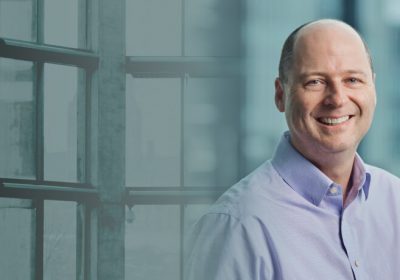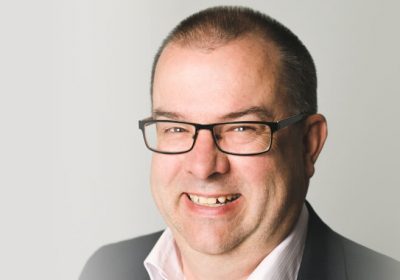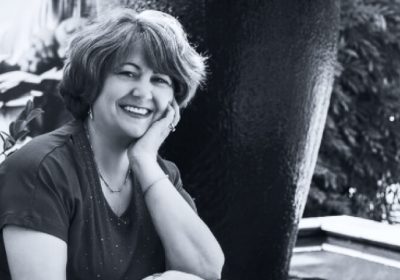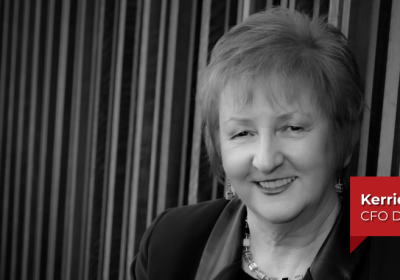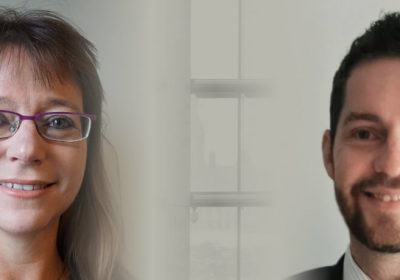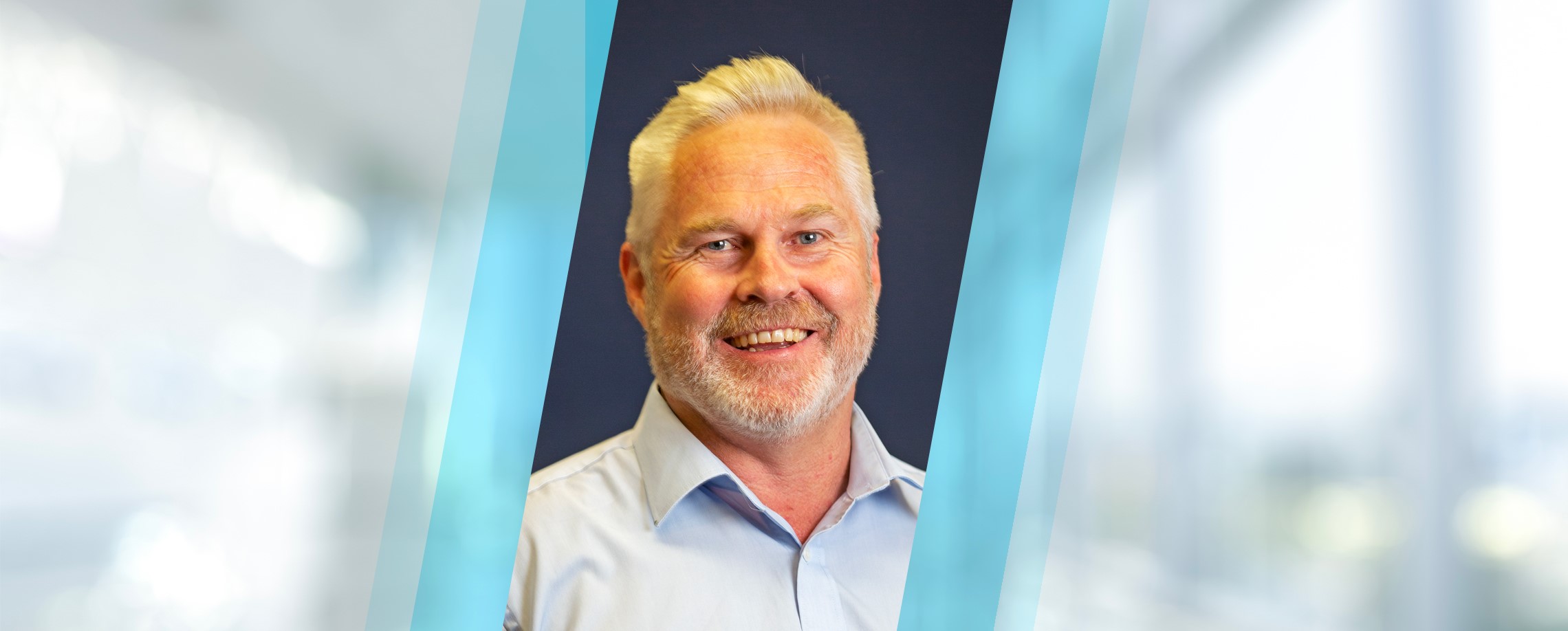
- Author: George Hazim
- Posted: June 22, 2022
For the Love of Cod. The Chartered Accountant making waves with Sustainable Seafood
Two hours west of Wagga Wagga is Griffith.
Forty-five years ago, the sleepy hollow west of Wagga Wagga, became the focus of the nation’s attention. It saw anti-drugs campaigner and whistle blower Donald Mackay murdered.
And with Mackay’s disappearance came a Royal Commission that created more negative attention for the town.
However, 45-years on, there’s now a very different Griffith.
It involves global export growth, jobs, the Global Financial Crisis, vision, a CA taking a punt, luck, and the foresight to recognise opportunity to build a business that is well on its way to achieving recognition as a global luxury food brand by 2030.
All pieces of a jigsaw coming together to form a far from fishy, fishy operation.
To understand why there’s more to Griffith than Mackay and the mafia, we need to follow Griffith businessman’s Ross Anderson’s quest.
Anderson is the Executive Chairman of ASX listed Aquna (Murray Cod Australia). ASX:MCA.
Anderson is a Chartered Accountant, who spent 20 years as a futures trader and that’s where Aquna’s story begins.
It was a Sydney client of Anderson’s in the early 2000’s who unwittingly set in motion a chain events that lead to the growth of Australia’s and the world’s most innovative land-based farming aquaculture company.
“We religiously preach to everyone whether it be investors, employees or customers we deal with – Quality; Integrity; Sustainability and Innovation… Integrity and our people are crucial. We work on the principle you can shear a sheep many times, but you can only skin it once. We never skin our customers, and we never deal with anyone who tries to skin us”
Ross Anderson, Executive Chairman | Aquna (Murray Cod Australia)
At the recent Barcelona Seafood Show, Aquna was nominated as the most impressive young aquaculture company globally. Amazing recognition for a company just founded five years ago.
Around 2000, Anderson became fascinated by futures trading because of client who was a trader, who Anderson says, appeared to be a superstar.
“I thought if he could do it, then so could I.”
Eventually he discovered the client was a fraud, running a sophisticated Ponzi scheme. But by then, Anderson was full time trading on global markets.
His training as a Chartered Accountant led him to adopt a fundamental approach to the futures markets – and by conducting thorough analysis in 2006, he was one of the very few people in Australia to predict a crisis was looming in the US’s subprime mortgage sector.
With what Anderson knew, he began a crusade to advise his colleagues and clients of what was coming – the only problem was, Anderson says, “everyone thought I was mad. Throughout 2007 we advised people to get out. But nobody cared in the middle of a bull market.”
History, however, proved him right.
What happened in 2008 sent global markets collapsing and put economies into recession.
At a 2006, Christmas briefing, Anderson held for his clients, the advice gave, helped them weather the GFC crash.
His advice was to sell their growth equities and assets in 2007 and put them into long term deposits at 7% and purchase gold.
Anderson himself, shorted global futures markets.
His shorting of the market in 2008, not only proved successful, but it also enabled him to pursue other ventures.
“The writing was on the wall,” Anderson says, and with Quantitative Easing and algorithms changing how the markets operated, “it was time we began to look elsewhere.”
Even though Anderson significantly reduced his trading activity, he remained active as an advisor to futures traders, and when the derivatives giant Man Financial (MF) Global collapsed in 2011, $320m of traders’ funds were in trusts they couldn’t access.
MF Global, founded by former Goldman Sachs CEO and New Jersey Governor, John Corzine, was the fourth largest futures broker in the world prior to its collapse. It held $42 billion in assets.
So, what did Anderson do? He formed the MF Global Support Group – giving investors a voice with regulators like ASIC and receivers.
Anderson suddenly became a knight in shining armour for Australian investors following MF Global’s collapse.
Anderson negotiated with the US Distressed Debt Buyers to recover funds for distressed traders, allowing them to return to business rather than waiting years to get their money back.
In 2012 unbeknown to Anderson, opportunity would come knocking again, (even though it wasn’t obvious), it would change the course of Australian aquaculture farming exports and his business dealings, when one of his client’s told him he was farming Murray Cod.
Seen as a cottage industry in 2012, Murray Cod farming as an industry was unsuccessful, and Anderson remained sceptical of it ever succeeding, until 2015, when he happened to eat Murray Cod at a restaurant in Griffith.
According to Anderson, he was amazed by the pristine texture of the Cod’s creamy white flesh.
Fascinated by the idea, in late 2015, Anderson decided to visit the Murray Cod farm and look at the operation.
He saw enormous potential of the operation’s productive capacity and how it could be scaled up.
Gold comes in many forms, not only as a precious metal, and Aquna would soon recognise why and how.
As an opportunist, Anderson in 2016 took a stake in the gold and mining resources company Timpetra Resources.
In January 2017, Timpetra purchased Silverwater Native Hatchery Bidgee fresh, which was used as a nursery for Murray Cod, and Riverina Aquaculture which incorporated the grow-out farms of Mat Ryan.
Ryan became a shareholder, and they consolidated all three into one operation, forming Murray Cod Australia.
Anderson then moved to raise equity capital, claiming, “it wasn’t without its challenges.”
“Australian brokers had no interest in the unproven concept of inland aquaculture, however, investors who understood agriculture and the people involved gave us great support and we managed to raise $10m.”
In 2018, the company then created the brand Aquna Sustainable Murray Cod, and as fortune sometimes has it, an unexpected visit by world renowned chef Heston Blumenthal helped thrust Aquna into another stratosphere.
Blumenthal was so impressed by the quality of the fish and the farming operations, he’s now a key advocate for Aquna and a shareholder.
Australian super fund giant, Australian Super, also holds a 12% stake in the company.
Since 2019, Aquna has in invested heavily in its productive capacity, and coming out of COVID, it has grown rapidly. It is now on the shelves of major Australian supermarkets and the menus of the world’s premium restaurants.
When Aquna first launched in 2017, it’s productive capacity was 40 tonnes, but that has dramatically changed.
Anderson says, “The farming operations productive capacity now runs into more than 2000 tonnes annually. That’s more than a 1000% increase to where we first began.”
“I’m quick to caution investors to understand the difference between capacity and sales, because the lead time for growing saleable fish can be 2-3years.”
Aquna, Anderson says, is founded on four founding principles, “We religiously preach to everyone whether it be investors, employees or customers we deal with – Quality; Integrity; Sustainability and Innovation.”
“From a product integrity perspective, we are able to track the fish from the day they are hatched to the time they hit a dinner plate.”
“Integrity and our people are crucial. We work on the principle you can shear a sheep many times, but you can only skin it once. We never skin our customers, and we never deal with anyone who tries to skin us,” Anderson says.
The Aquna model is regarded as one of the most sustainable in the world where nutrient enriched water from the fish goes out to irrigate crops and pastures on the adjoining field.
The Innovation of taking a rare native fish and using existing infrastructure in the Murrumbidgee Irrigation Area to produce the rarest fine dining fish in the world is extraordinary.
Anderson says, “As Aquna’s brand recognition grows so too will its product margin.”
“The quality of our product and our guiding principles which back it,” Anderson says, “give us a better product, better sustainability, better integrity and an innovative avenue to global markets.”
Aquna which went from a market cap of $20m to $250m took a significant hit following the ASX’s and global economic meltdown during recent months. The holding company, MCA, is now valued at $120m on the market.
With cash in the bank following a highly successful $35 million capital raise in November 2021, along with significant growth in the pipeline, Aquna, Anderson says, “Is well positioned for high growth during the next three to four years, and that makes it great for Griffith, Australia, our customers, and investors.”



